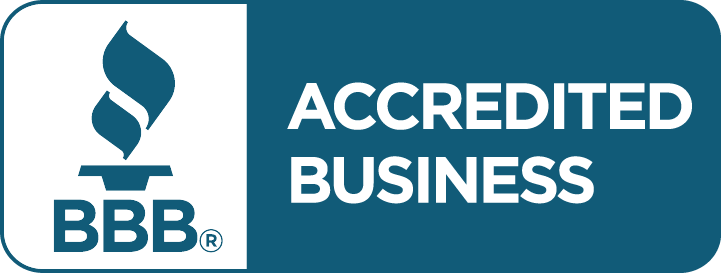October is Cybersecurity Awareness Month, a campaign to help Canadians stay secure online by teaching them simple steps to protect themselves and their devices. By protecting yourself online, you can avoid becoming a victim of financial scams.
In 2022, the Canadian Anti-Fraud Centre received fraud and cybercrime reports totalling a staggering $530 million in victim losses. This represented a nearly a 40 per cent increase from the unprecedented $380 million in losses in 2021.
“Financial scams continue to be on the rise in Canada, and it doesn’t look like it’s slowing down anytime soon,” says Susan Eisner, CEO of SolveYourDebts.com. “Every year, cyber criminals find new ways to defraud unknowing Canadians into giving away millions of dollars, which is not only extremely upsetting emotionally, it can also be detrimental to someone’s livelihood.”
The best way to protect yourself from financial scams is to be aware of them. In honour of Cybersecurity Awareness Month, Eisner shares the most common scams to watch out for.
- With the investment scam, scammers create fake accounts and advise people to invest in cryptocurrencies, with the promise of making a lot of money really quickly. With the popularity of cryptocurrency on the rise, many individuals want to jump on the bandwagon for fear or missing out, but it’s important to know that not only is cryptocurrency extremely volatile, it’s also rampant with fraud. Websites may look very real, but oftentimes it is a scam and your money is never invested.
- Romance scams have been around for a long time and continue to be a popular method of financial fraud. Criminals create fake social media or dating profiles and begin to have fake virtual relationships with people who think they are real. Once they’ve built the victim’s trust, they con them into sending money. Oftentimes the victim is lonely and vulnerable and believe that they are in a genuine relationship. Once the money is sent, they never heard from that person again.
- With the rise of online shopping, Canada Border Services Agency (CBSA) has issued a new scam warning. Scammers posing as CBSA officials are using emails, websites, text messages and telephone calls to ask for money and personal information such as social insurance numbers. Other times they may call you to tell you there is a package waiting for you at customs and that if you don’t pay the clearance fee you will go to jail. The CBSA says it would never request a social insurance or credit card number by telephone or email.
- Another scam becoming popular thanks to online shopping is the Amazon scam. Users will receive a message indicating that there has been a large, possibly fraudulent purchase on their account. This generally results in the victim clicking on a link to access their account, at which point a scammer can steal your username and password, access your account, or load malicious software onto your computer.
- Imposter scams continue to be popular with criminals sending texts or emails pretending to be someone you know or even the government or a business trying to access your account. They pretend to be legitimate sources in the hopes that the victim will send them money.
Fraud causes many individuals and businesses numerous financial losses every year. Many victims fail to report the scams and simply accept the loss thinking that they will be more careful next time. However, reporting a scam may help prevent many similar incidents and help stop fraud. Report any fraudulent or scam activity you encounter to your local Better Business Bureau.











